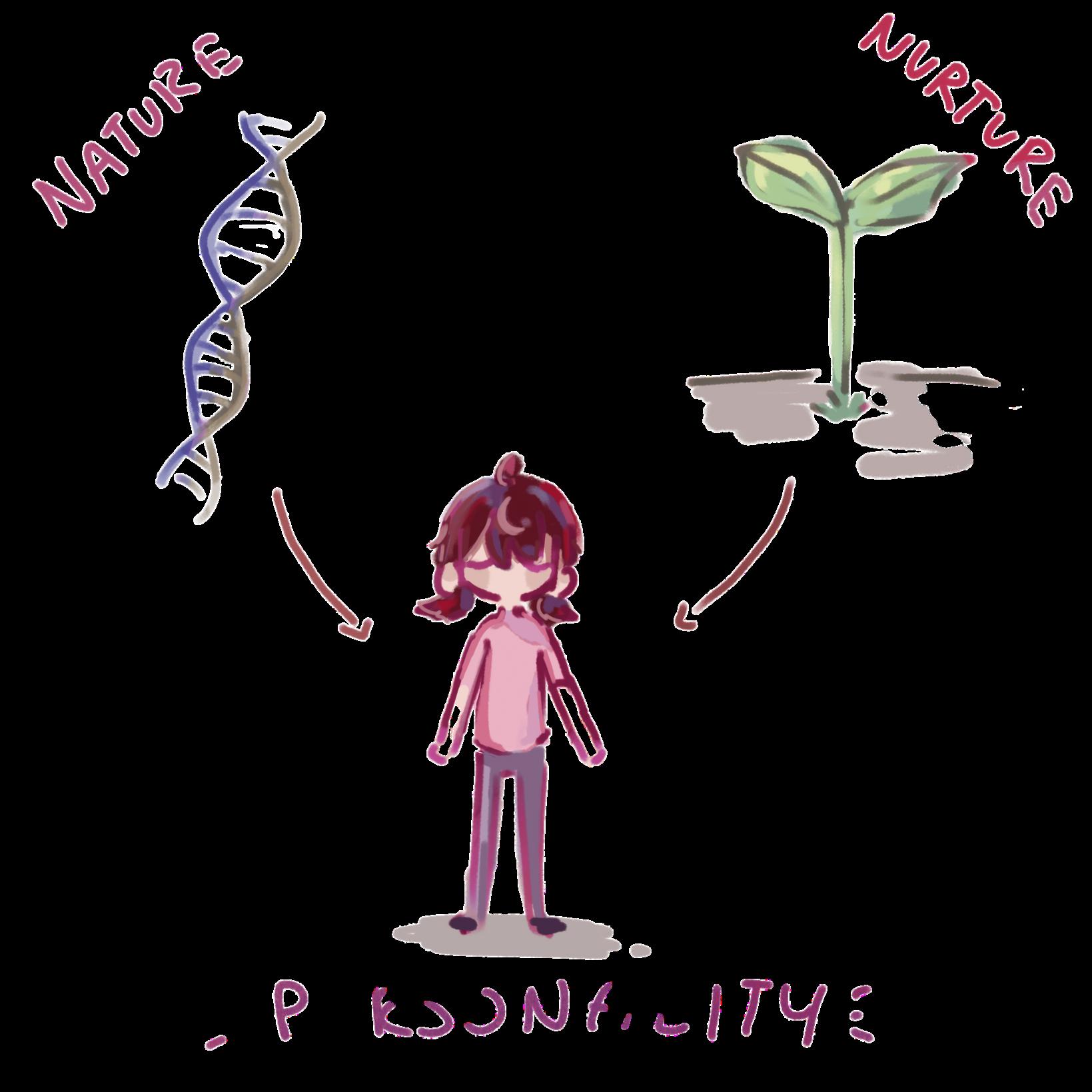
1 minute read
The Master organ: our wrinkly Brain
from 2023 Biology Edition
by scienceholic
Family history and informing yourself of any potential risks allows you to take action first before it is too late. In the case that you have a family history of depression or any other risk factors that can influence the development of depression, it would be better to seek aid right away in order to maintain a healthy mindset and lifestyle for yourself
However, according to Levison and Nichols, the numbers get a bit more complicated when analyzed further If the parent or sibling has recurrent depression (repeating periods of depression) starting early in life, then the risk increases to four to five times greater than the general public.
Advertisement
It is important to remember that having a family history of depression is not the determining factor o developing depression H statistics demonstrate t provides a leeway to depression. Essentially, gene a predisposition to depressio cannot cause a person depression on its own. Ther combination of internal ( external factors if a person history of depression Oth perfectly normal for some family history of depressio depression
Depression stems from of different factors, as s BeyondBlue notes that f (genetics), personality, ser illness, drug and alcohol us and changes in the brain ar affect the development o
Here is a list of personality traits in people who are more prone to developing depression:
Tendency to worry, anxiety
Low self-esteem
Perfectionism
Sensitivity to personal criticism
Self-criticism and negativity
Now, upon further analysis of data and information, personality can be greatly influenced by genetics As stated in another article by MedlinePlus, scientists estimate around 20 to 60 percent of temperament is defined by genetics, although there is no clear pattern of inheritance (n.d.). Similarly to depression, there is no specific “personality” gene that would automatically cause someone to acquire the same personality as their









